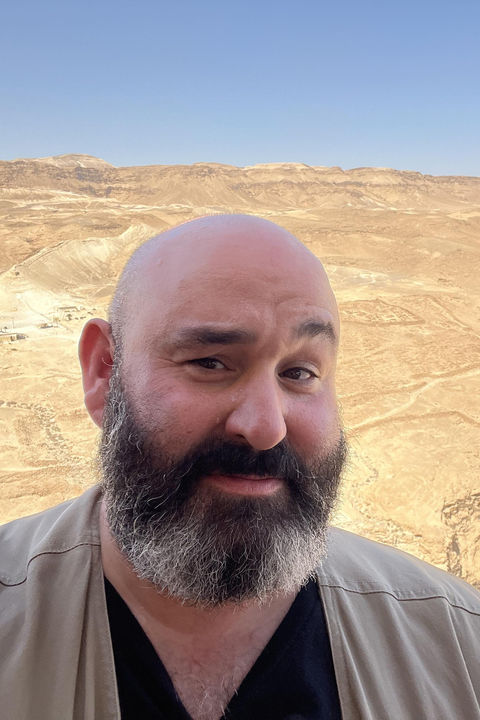Biography
A historian of science, medicine, environment, and death, Dr. Bonneau has a particular interest in the demographic, emotional, and cultural legacies of epidemics in North America. He earned his Ph.D. in History at the University of Notre Dame and has been a visiting lecturer at the University of Maryland, Baltimore County, and a visiting scholar at Franklin and Marshall College, where he has taught courses in the history of science, history of medicine, and science and technology studies (STS).
Dr. Bonneau has received fellowships from a wide variety of institutions, including the National Science Foundation, the University of Pennsylvania, the American Antiquarian Society, the College of Physicians of Philadelphia, and the Congregational Library and Archives. He was the 2016–17 Predoctoral Fellow at the University of Pennsylvania and is a consulting scholar at the Mütter Research Institute of the College of Physicians of Philadelphia. He is also a practitioner in the field of public history. His most recent project, “Spit Spreads Death: The Influenza Pandemic of 1919–19 in Philadelphia,” (October 2019 through 2024 at the Mütter Museum) earned his team the American Association for State and Local History’s 2020 Award for Excellence and Leadership in History (AASLH) and the American Alliance of Museums' (AAM) 2020 MUSE Gold Award for Video, Film, Animation, & Live Media or Digital Performance. Dr. Bonneau currently serves as Principal Historian of the Arch Street Project.
Research Interests
History of Science, Technology, and Medicine; History of Public Health; Historical Epidemiology and Demography; North American and European Cultural and Intellectual History; History of Disease and Death; Public History.
Education
Ph.D. in History (History and Philosophy of Science), University of Notre Dame
M.A. in History, California State University, Northridge
B.A. in Philosophy, Manhattanville College
